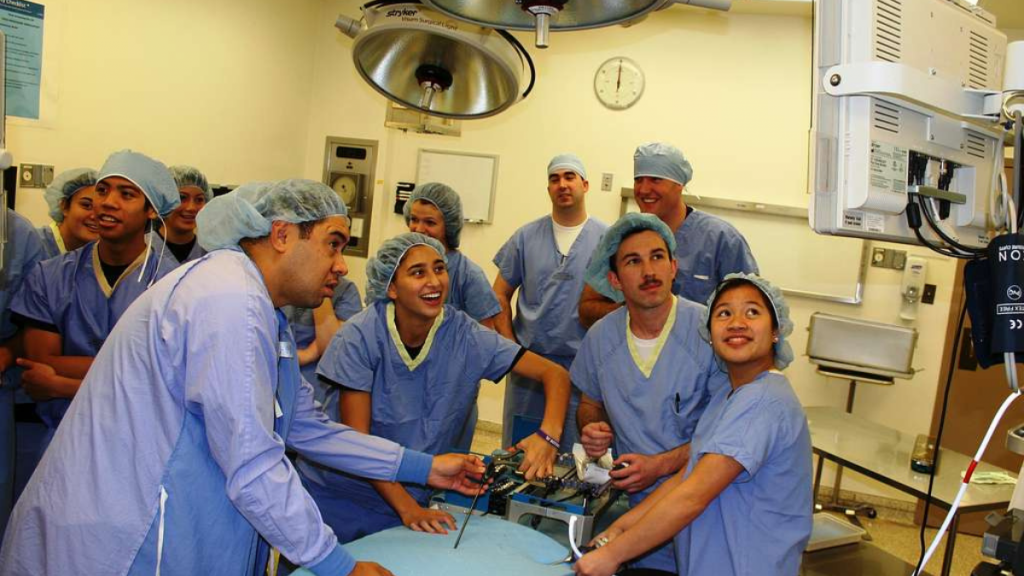A new watchdog initiative is stepping into the medical education arena with a clear mission: to hold institutions accountable for ideological bias and ensure that merit—not politics—is the driving force behind training future doctors. The recently launched Center for Accountability in Medicine, tied to the policy group Do No Harm, unveiled its “Medical School Excellence Index” this week, aiming to expose medical schools that elevate DEI agendas over academic rigor and transparency.
Under the new ranking scheme, each U.S. medical school is assessed across three pillars: academic excellence, institutional transparency, and resistance to DEI mandates. Those that refuse to factor DEI into their admissions or internal practices garner points; institutions that embed DEI into their decision-making are penalized. The idea is simple: restore standards, reward clarity, and call out schools that mask low rigor behind progressive virtue signals.
The inaugural rankings awarded a perfect 100 score to the University of South Florida’s Morsani College of Medicine. Other high scorers included NYU’s Grossman School of Medicine, UPenn’s Perelman School, the University of Michigan’s medical school, and UCF’s College of Medicine. These schools distinguished themselves by maintaining high academic benchmarks, preserving open grading tiers, and refusing to subordinate academic criteria to DEI objectives.
By bringing transparency and statistical measures to bear on medical training institutions, this initiative aims to correct an ideological drift long unchecked in higher education. The new ranking system offers a tool: let performance, not politics, be the standard by which medical schools are judged.
